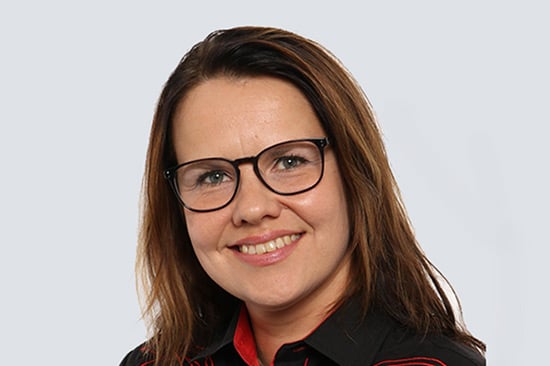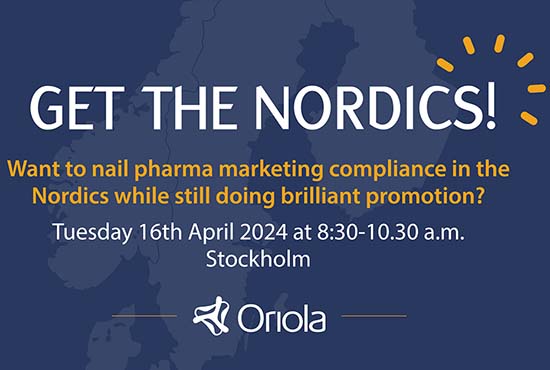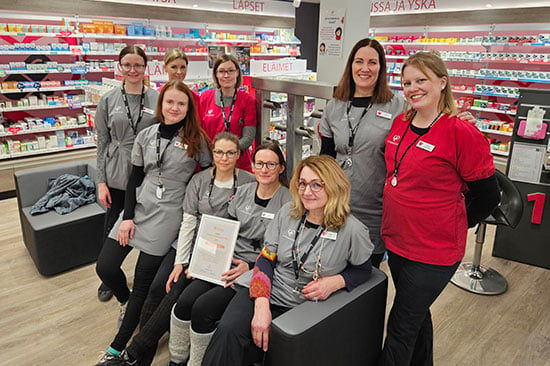The marketing of medicines, medical devices and dietary supplements is strictly regulated – reviewing promotional materials requires expertise
21.10.2020

The marketing of medicines, medical devices and dietary supplements must carefully follow regulations and guidelines issued by the authorities. The close supervision of materials promotes the correct and safe use of medicines. Performing medical reviews of promotional material requires knowledge of numerous regulations, understanding of the needs of the material’s end user and the ability to fulfil the wishes of the marketing authorisation holder responsible for the material.
Promotional materials for medicines, medical devices and dietary supplements are produced both for health care professionals and the end users of the products, i.e. consumers. The contents of these materials are strictly regulated and supervised: for example, any health claims mentioned in the materials must always be based on reliable scientific data. In Europe, adherence to these regulations is supervised by several different instances. In Finland, supervisory authorities include the Finnish Medicines Agency Fimea and the Finnish Food Authority. The corresponding Swedish supervisory authorities are the Swedish Medical Products Agency and the Swedish Food Agency. In addition, most Finnish pharmaceutical companies are members of Pharma Industry Finland and therefore follow Pharma Industry Finland's Code of Ethics. The other Nordic countries have their own corresponding organisations, to which local pharmaceutical companies often belong.
“The challenge with ethical and medical reviews of promotional materials is often that medicines, medical devices and dietary supplements are covered by different legislation. Ethical guidelines may also differ between countries. Sometimes, it may also be challenging to determine which supervisory authority's jurisdiction a product belongs in. In addition to these questions, one must also take into account whether the marketing is targeted at healthcare professionals or consumers,” says Minna Kairisalo-Stenfors, Medical Manager at Oriola.
There are also training courses, with final exams, on the pharmaceutical industry's ethical guidelines. However, the scope, depth and execution of these courses vary between the countries, and there is currently no one clear path to comprehensive expertise. In Sweden, for example, the Swedish Academy of Pharmaceutical Sciences regularly arranges a course called “IMA-kurs med LIF”, where the local ethical guidelines are reviewed quite thoroughly over two days. The course also includes a final exam, and those who pass are awarded the IMA certificate. This can be used to prove that the person knows the rules and ethical guidelines governing the marketing of pharmaceuticals in Sweden sufficiently well to be responsible for a pharmaceutical company’s marketing activities.
“Our team has the required competence and expertise covering the entire Nordic market, enabling us to help pharmaceutical companies with reviewing materials in all the Nordic countries,” Kairisalo-Stenfors says.
Regulations differ even between the Nordic countries
In the Nordic countries, regulations regarding promotional materials mainly correspond to EU-level regulations, but there are also exceptions in each country. For example, if a product has a national marketing authorisation, the summary of product characteristics may contain country-specific differences in indications, which must be taken into account when reviewing promotional materials.
“There may also be country-specific differences regarding the status of the product: sometimes the same product may be registered as a medicinal product in one country and as a dietary supplement in another. In that case, their marketing is based on different legislation even if the product itself is identical,” Kairisalo-Stenfors explains.
Norway is also a special case when it comes to reviewing materials: although the Norwegians often use the same guidelines as the other Nordic countries, there may be exceptions because Norway, unlike its neighbours, is not a member of the EU.
“Reviewing promotional materials is challenging, but also extremely interesting expert work. We work together with our customers to create the best possible materials for each target group,” Kairisalo-Stenfors promises.


